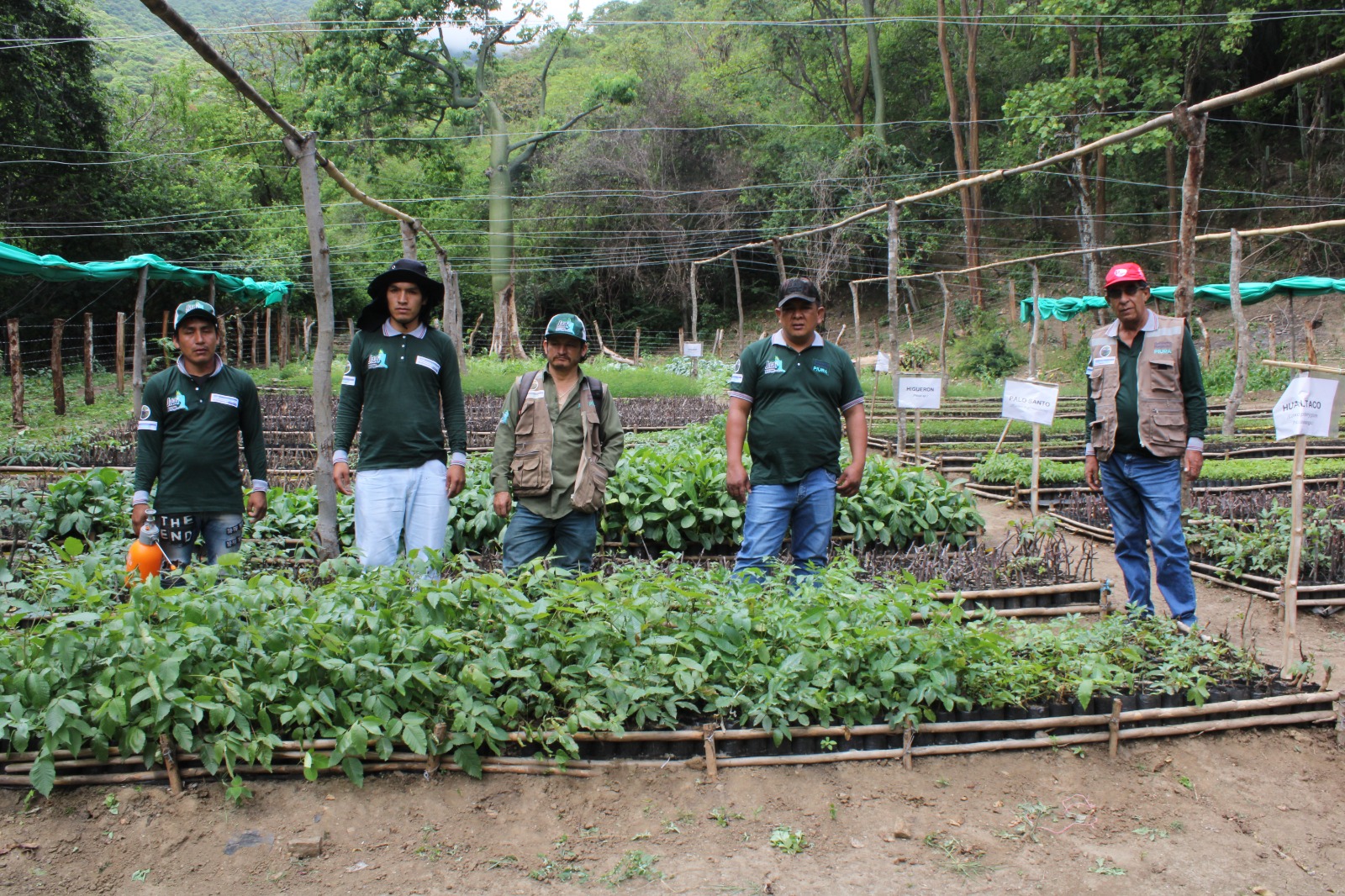
Peru is one of the most biodiverse countries in the world. To preserve its natural heritage, which spans from the Andes to the Amazon rainforest, the country is increasingly investing in nature-positive projects. Public financing mechanisms such as "Invierte.pe" and "Work for Taxes," along with microfinance initiatives, are channeling investments into environmental projects to protect biodiversity and promote sustainable development.
Invierte.pe: Centralizing public investment for nature
Invierte.pe, an investment facility set up by the Peruvian government, plays a key role in centralizing the planning and financing of public investments. UNDP’s Biodiversity Finance Initiative (BIOFIN) and GIZ supported the government to include biodiversity criteria in the standards and guidelines of the Invierte.pe.
Since the adoption of these updated standards in 2016, Invierte.pe identified and developed a pipeline of biodiversity-focused projects. A pipeline of approximately US$ 30 million has been identified for eight projects, of which US$ 8 million has already been channeled into four key initiatives. One of these projects is the “Recovery of Ecosystem Services of Water Regulation” in the province of Ayabaca, Piura, which received an investment of US$ 1.9 million. This project focuses on forestry, ecosystem restoration and water harvesting - critical areas for maintaining ecological balance and ensuring sustainable water resources in the region.
Photo caption: Recovery of Ecosystem Services of Water Regulation in the province of Huancabamba, region of Piura, Peru 2023. Installation and implementation of forest nurseries.
Work for Taxes: Leveraging private sector investment for the common goo
Another unique mechanism to promote investment in biodiversity is the "Work for Taxes" initiative launched in 2008. This programme allows private companies to invest up to 50 percent of their eligible taxes toward public investment projects instead of paying those taxes directly. Initially, environmental projects were not included in this scheme. However, recent policy advances have expanded the scope of "Work for Taxes" to include nature-positive investments.
In 2023, two important policy documents were adopted: the Work for Taxes Roadmap for Nature Infrastructure and the Guidelines for Investment Projects in Water Planting and Harvesting. The second policy has paved the way for prioritizing 20 investment projects in the agriculture sector, namely in water planting and harvesting across eight regions with an estimated value of US$ 25 million. These projects will be funded through direct financing from the agricultural sector, public financial programs and the "Work for Taxes" mechanism and are crucial for enhancing Peru’s water security and environmental resilience.
Photo caption: Recovery of Ecosystem Services of Water Regulation in the province of Ayabaca, Region of Piura, Peru 2023. Monitoring of native seedlings in forest nurseries
Microcredit: strengthening local banks to promote biodiversity
Peru's commitment to biodiversity conservation goes beyond large-scale public investment. Microfinance institutions, especially community banks, also play a crucial role. By including environmental criteria in their credit assessment processes, these banks ensure that their financial products make a positive contribution to biodiversity.
For example, the Caja Municipal of Cuzco, as part of its efforts to improve its Environmental & Social Risk Management System (SARAS), has developed credit products that quantify the potential impact on biodiversity. To date, four municipal banks in Peru have disbursed around US$ 330,000 in bio-credits. These funds are being channeled into biodiversity value chain initiatives, demonstrating that even small financial interventions can make a significant contribution to environmental protection.
A holistic approach to biodiversity conservation
Investing in biodiversity through initiatives such as Invierte.pe, Work for Taxes and microfinance programmes underlines Peru's holistic approach to protecting the environment. By integrating biodiversity criteria into public and private financing mechanisms, the country not only protects its natural resources but also promotes sustainable development that benefits local communities and ecosystems alike.
As Peru continues to innovate and expand its efforts, these investments will play a crucial role in preserving the country’s rich biodiversity.
Categories
Archives
- juin 2024 (3)
- mai 2024 (6)
- avril 2024 (5)
- mars 2024 (3)
- février 2024 (6)
- janvier 2024 (3)
- décembre 2023 (1)
- novembre 2023 (7)
- octobre 2023 (5)
- septembre 2023 (2)